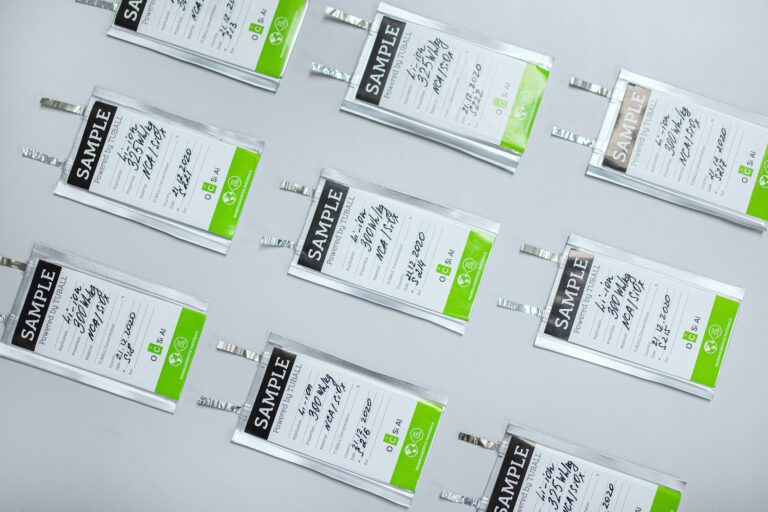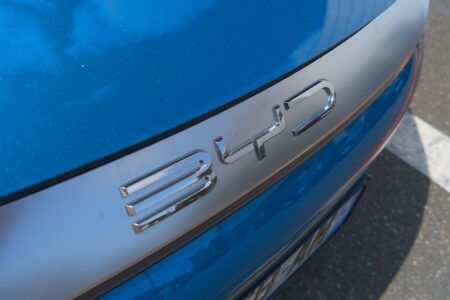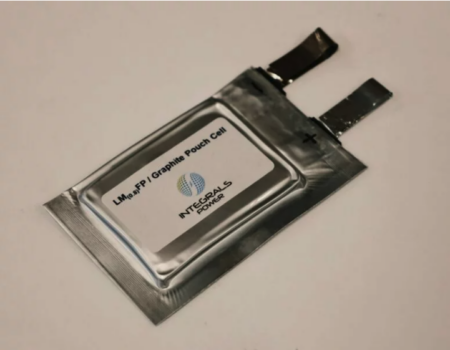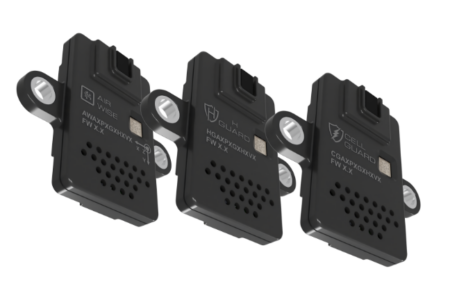Electric vehicle manufacturers are searching for a significant increase in energy density, an improvement of fast-charging capabilities, and a reduced cost for lithium-ion batteries. The answer to this could be graphene nanotubes, which is why Chinese manufacturers are ramping up their production of the so-call ‘wonder material’.
A graphene nanotube dispersion, developed by OCSiAl, is said to enable a ‘substantial increase in key battery parameters’ and is now experiencing growing interest from Chinese battery manufacturers.
Introducing OCSiAl’s graphene nanotubes into anode and cathode formulations makes it possible to reach the industry target of 300 Wh/kg energy density and even go beyond this. In the anode, nanotubes unlock industrial-scale use of silicon, which has over nine times the energy density of traditionally used graphite. Nanotubes create long, flexible, conductive, strong ‘bridges’ to keep silicon anode particles well connected to each other even during severe volume expansion and cracking, which previously limited market use of silicon anodes. This leads to long-lasting, fast-charging batteries for electric vehicles.
To meet the market’s needs, the licensed manufacturers of OCSiAl’s graphene nanotube dispersion in China have announced that they are ramping up production capacities. Shenyang East Chemical Science-Tech (East Chem) and Shanghai Haiyi Scientific Trading (Haiyi) both plan to increase output of the nanotube dispersion in the next two years. According to the manufacturers, the combined capacity of their facilities will reach 40,000 tonnes in 2023–2024.
“Single wall carbon nanotubes [graphene nanotubes] are a technologically revolutionary material. Haiyi will concentrate all kinds of resources to promote the application of nanotubes in various fields,” said Liu Zhijun, general manager of Haiyi.
“The excellent electrical performance and flexibility of OCSiAl’s single wall carbon nanotubes allows for significant improvement of silicon-based anode cycle performance, and reduces the electrode resistance of cathodes and anodes, resulting in high energy density and fast-charging capabilities,” said Dr. Yang Liu, General Manager of East Chem.
East Chem and Haiyi, which are among the leading chemical manufacturers in China, launched local productions of OCSiAl’s graphene nanotube dispersion for batteries in 2019 to develop a sustainable and reliable supply chain of nanotube solutions for batteries to the Chinese market, which dominates globally in lithium-ion technology.





